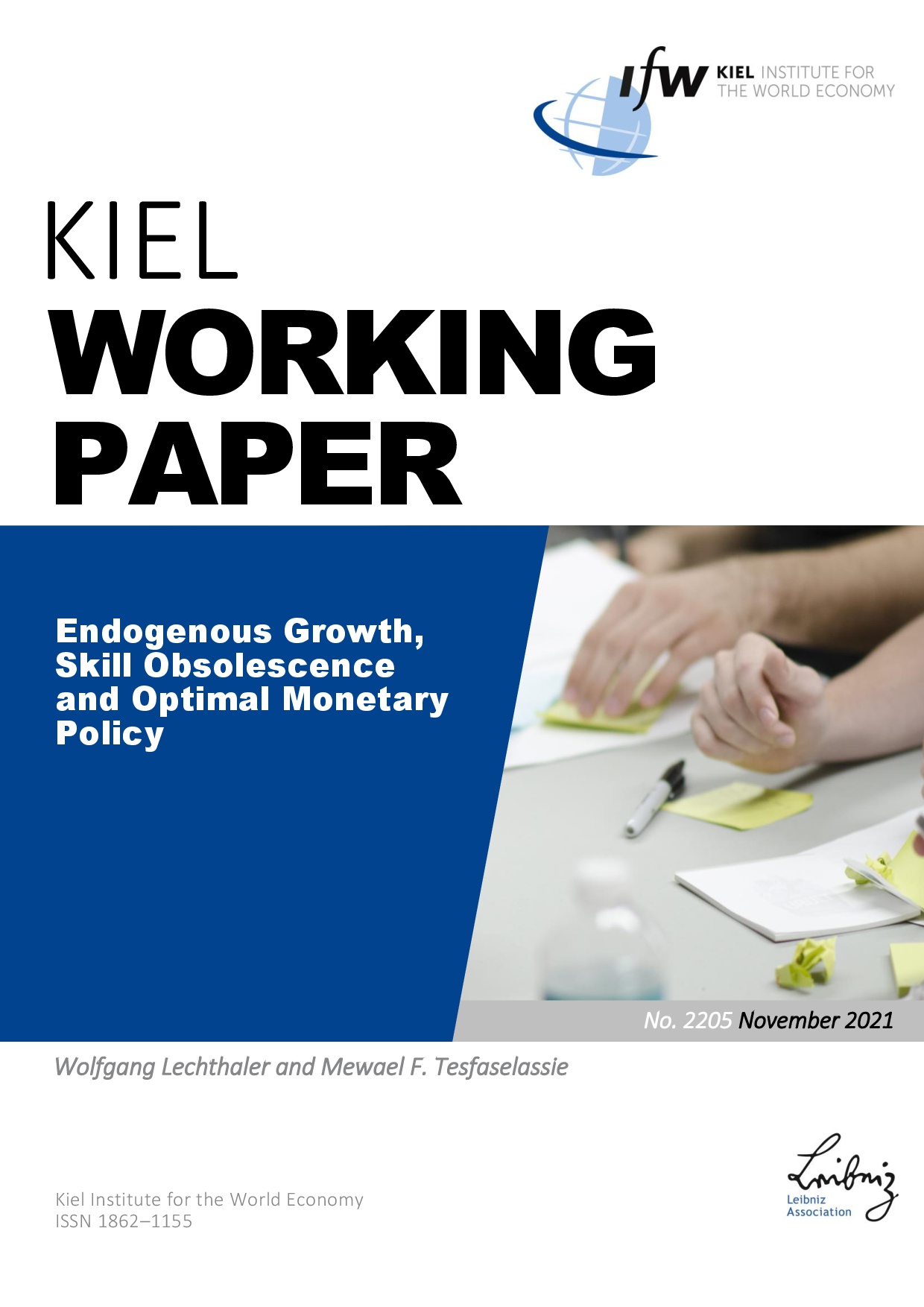Authors
Publication Date
JEL Classification
Key Words
Related Topics
Monetary Policy
Labor Market
We analyze Ramsey optimal monetary policy in a New-Keynesian model with search and matching frictions featuring (i) training costs due to skill loss from long-term unemployment and (ii) endogenous growth through learning-by-doing externalities. In a simplified two-period version of the model, the competitive equilibrium is shown to be inefficient due to two externalities: i) firms do not internalize the effects that hiring has on labor productivity through learning-by-doing; ii) firms do not fully internalize the effects that hiring has on future training costs. These externalities lead to inefficient fluctuations, thereby justifying deviations from price stability in response to productivity shocks. In a calibrated version of the full model we show significant deviations from price stability and significant differences between optimal monetary policy and monetary policy that follows a Taylor rule.



